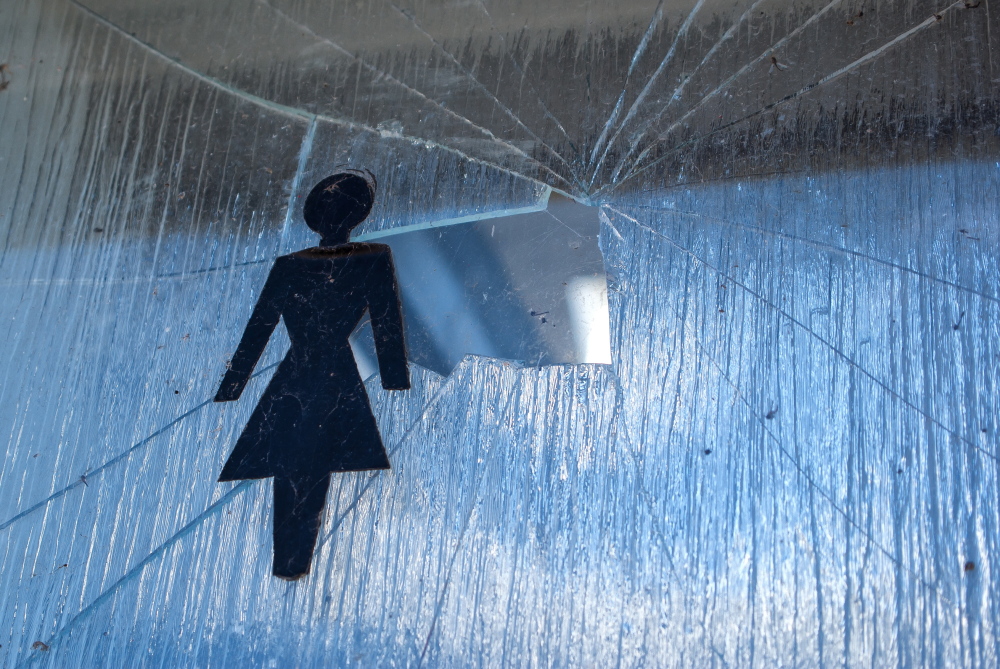When a woman is being beaten by her partner or spouse, she should be able to turn to the police for help. So what happens if the abuser is a law enforcement officer?
Too often, research indicates, domestic abuse by police is underreported or downplayed. But the response by law enforcement officials in one Maine county to a case involving one of their own offers evidence that progress is possible toward ensuring police transparency and accountability.
Paul Pettengill, a Cumberland County sheriff’s deputy from Standish, stands accused of domestic violence assault and terrorizing in connection with an incident on Monday. He’s also been put on administrative leave with pay pending the outcome of a sheriff’s office inquiry.
By arresting and investigating Pettengill, the county is taking concrete action to encourage police abuse victims to come forward. They frequently don’t — believing, often justifiably — that the officer’s colleagues will brush off their complaints.
“Time and time again you see people say, ‘You’re going to ruin this guy’s career over this incident,'” David Thomas, Montgomery County, Maryland, officer and domestic violence educator told PBS’ “Frontline” in 2013.
Nationwide, law enforcement agencies tend to pay lip service to the idea of treating reports of domestic violence assaults by police officers the same as they would reports of similar crimes by civilians, but they don’t follow through.
The complaint is investigated internally but not forwarded to a prosecutor, for instance. Or a prosecutor downgrades the charge to a misdemeanor. And the penalties tend to be lax: A 2013 New York Times investigation in Florida found that “nearly 30 percent of the officers accused of domestic violence were still working in the same agency a year later, compared with 1 percent of those who failed drug tests.”
Cumberland County’s handling of domestic abuse by police officers should be the norm statewide. Indeed, several states have adopted a model policy, offering needed guidance on officer-involved domestic violence to police chiefs and sheriffs.
Addressing this issue isn’t easy, especially in small departments such as the ones that are common in Maine. (The International Association of Chiefs of Police, which created the best practices, recommends that small agencies ask other departments to come in and investigate allegations of domestic abuse against their own.)
We’ve evolved as a society in our attitude toward and response to domestic violence, but enforcement against officer-offenders too often still lags. The agencies that have addressed this issue should be role models for how to ensure that all victims have due recourse to the law of the land.
Send questions/comments to the editors.



Success. Please wait for the page to reload. If the page does not reload within 5 seconds, please refresh the page.
Enter your email and password to access comments.
Hi, to comment on stories you must . This profile is in addition to your subscription and website login.
Already have a commenting profile? .
Invalid username/password.
Please check your email to confirm and complete your registration.
Only subscribers are eligible to post comments. Please subscribe or login first for digital access. Here’s why.
Use the form below to reset your password. When you've submitted your account email, we will send an email with a reset code.